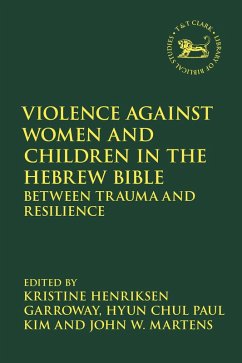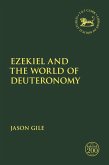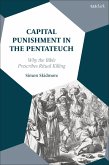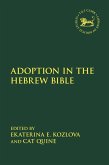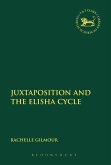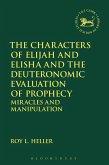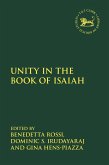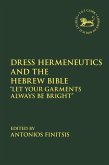What did violence against women and children mean for ancient audiences and how do modern audiences hear and process the meaning of violence in the texts of the Hebrew Bible? The rape of Tamar, the sacrifice of Jephthah's daughter, babes ripped from the womb during war-texts such as these are hardly fodder for Sunday School classes; yet we are left with the reality that the Bible is a violent text full of war, murder, genocide, and destruction, often carried out at the behest of God.
The essays in this volume explore ways in which the Hebrew Bible uses and abuses women and children to make indelible points concerning the people of Israel, the lived realities of the Israelite society, and God's relationship to His people. Where other works turn to the study of the violence itself, or to the divine nature of violence, this volume focuses in on the human component. As a result, these studies are reminders that women and children born out of trauma are at once vulnerable and valuable, fragile and resilient.
The essays in this volume explore ways in which the Hebrew Bible uses and abuses women and children to make indelible points concerning the people of Israel, the lived realities of the Israelite society, and God's relationship to His people. Where other works turn to the study of the violence itself, or to the divine nature of violence, this volume focuses in on the human component. As a result, these studies are reminders that women and children born out of trauma are at once vulnerable and valuable, fragile and resilient.

